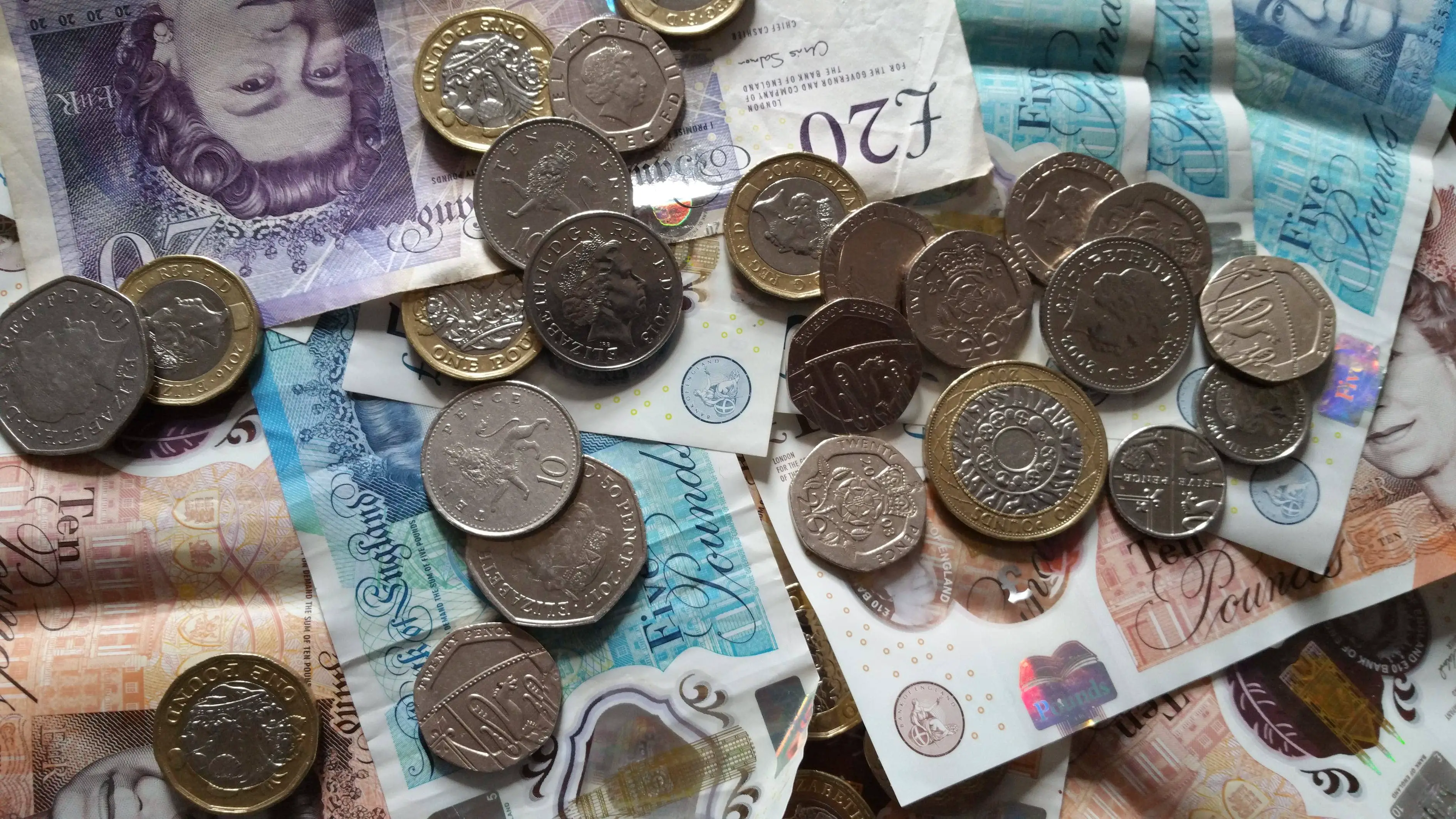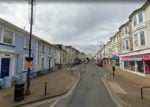Sandown residents are likely to face a rise in town council tax — for the only the second time in four years.
It follows a consultation with residents to see what their priorities were and how the town council could take those forward.
Number of significant issues impacting budget
At a meeting on Monday, Sandown Town Council heard a number of significant issues would impact its budget next year including the ongoing damage caused by anti-social behaviour; increasing energy costs, the cost of living crisis and taking on services from the Isle of Wight Council.
Cllr Debbie Andre said the council would need to be mindful of the situation, but in principle it was not good practice to keep the precept the same.
Lightfoot: No increase means cuts to services
Deputy mayor, Cllr Alex Lightfoot said no increase to the precept would mean the town council would effectively have to reduce, cut and close services when it feels like they are gaining some momentum.
He felt if the council were to progress any projects next year, a budget needed to be prepared with a higher increase.
Two proposed budgets
The council’s clerks will now prepare two proposed budgets for next year.
Option one will be a precept increase in line with rising costs and impacts on services
Option two is a precept increase at a greater level to cover all cost pressures and meet residents’ priorities.
The final budget, and increase of council tax, won’t be set until its February meeting and will come into force in April.
Briefed in January
Councillors will be briefed on the budgets in January and made aware of any potential impacts the Isle of Wight Council’s decisions may have.
The town council has highlighted projects for the Yaverland toilets and Pier Street Toilets but they would need to be funded through a loan from the Public Works Loan Board.
In the last three years, Sandown residents have only seen their precept increase once. From April this year, it rose by five per cent, which was an extra £6.80 a year — or 13p a week — for the average Band D taxpayer.
This article is from the BBC’s LDRS (Local Democracy Reporter Service) scheme, which News OnTheWight is taking part in. Some alterations and additions may have been made by OnTheWight. Ed
Image: Alaur Rahman under CC BY 2.0





